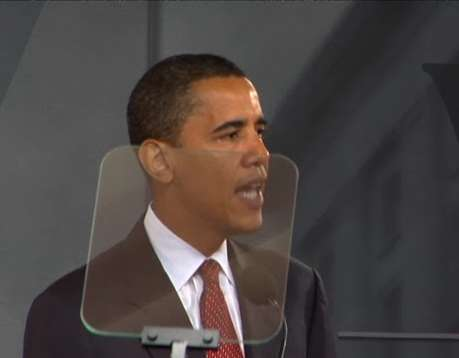A few notes from the week:
Prime Minister Gordon Brown gave a terrific speech to a Joint Session of Congress this week. Among the many lovely sections, a moving tribute to our shared sacrifice in the darkest days of the last century:
Cemetery after cemetery across Europe honours the memory of American soldiers, resting row upon row – often alongside comrades-in-arms from Britain. There is no battlefield of liberty on which there is not a piece of land that is marked out as American and there is no day of remembrance in Britain that is not also a commemoration of American courage and sacrifice far from home.
In the hardest days of the last century, faith in the future kept America alive and I tell you that America kept faith in the future alive for all the world.
Almost every family in Britain has a tie that binds them to America. So I want you to know that whenever a young American soldier or marine, sailor or airman is killed in conflict anywhere in the world, we, the people of Britain, grieve with you. Know that your loss is our loss; your families’ sorrow is our families’ sorrow and your nation’s determination is our nation’s determination that they shall not have died in vain.
Check out the full text here, and a cool interactive deconstruction of his remarks here.
Robert Schlesinger, chronicler of White House speechwriters and keeper of the Thomas Jefferson Street blog, pushes back on those who think President Obama overuses the teleprompter. And even though he doesn’t actually say so, it looks like he follows the Podium Pundits blog…
And speechwriting fans can test their knowledge of presidential speeches and writers here. Tip: The first question isn’t as obvious as it looks. Back story: Here.
 Lately, Republicans have been united in opposition to two public figures: Barack Obama and George Bush.
Lately, Republicans have been united in opposition to two public figures: Barack Obama and George Bush. Politico‘s Carol Lee
Politico‘s Carol Lee  Yesterday
Yesterday  Congressman Paul Ryan, an up and coming leader in the Republican Party,
Congressman Paul Ryan, an up and coming leader in the Republican Party,  Before we say goodbye to February and our bicentennial celebration of Lincoln’s birth, I wanted to post
Before we say goodbye to February and our bicentennial celebration of Lincoln’s birth, I wanted to post